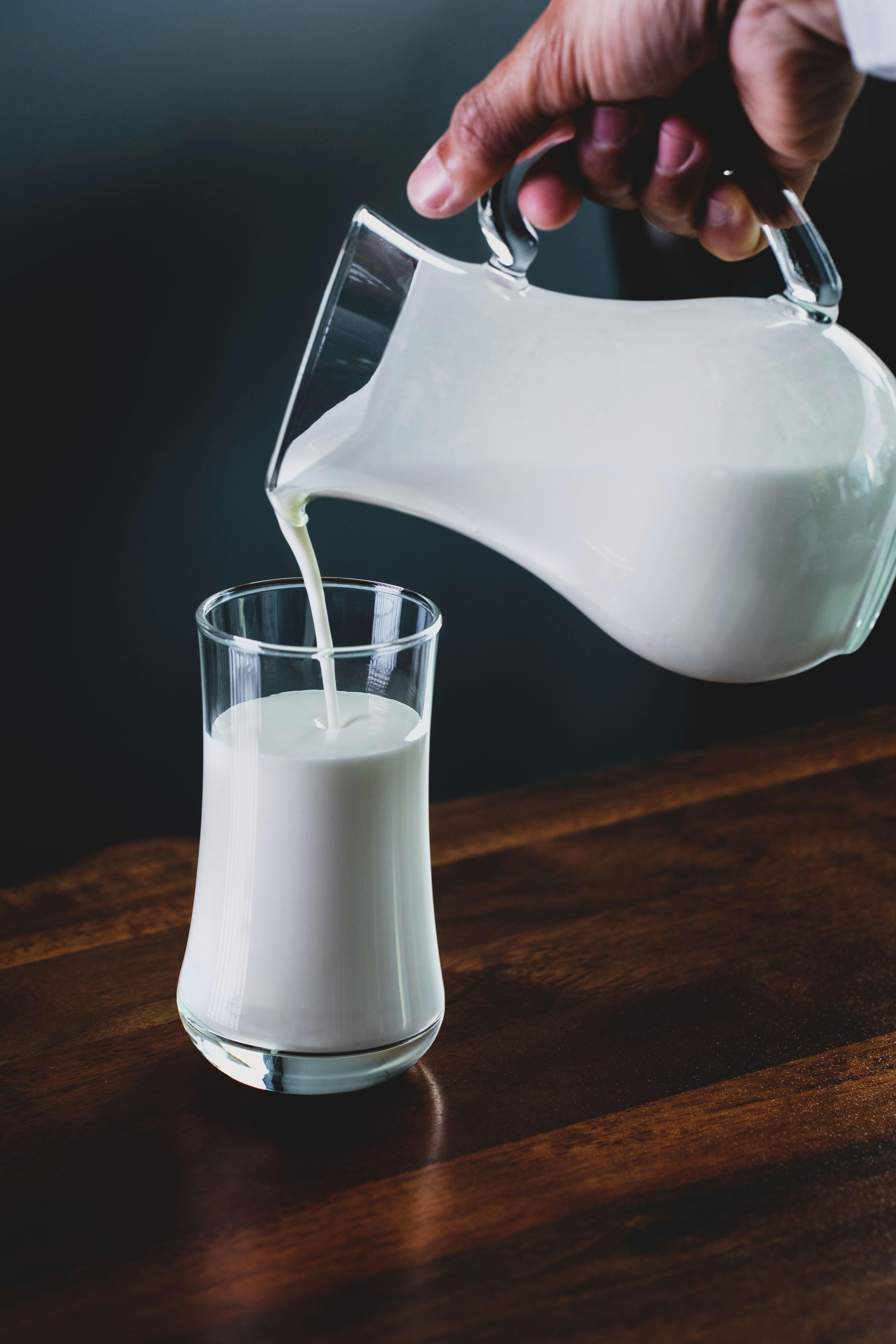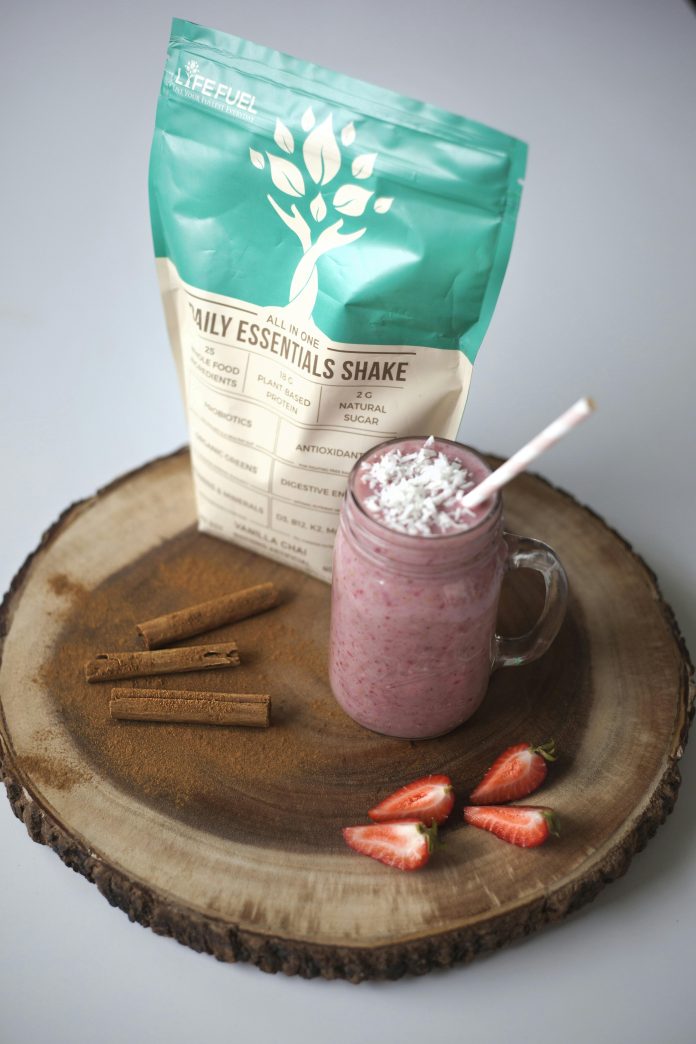In a world where dietary choices shape not only our health but also the planet’s future, the quest for balanced and sustainable nutrition has never been more crucial. As we navigate the myriad of protein sources available, the challenge lies in finding options that nourish our bodies while respecting the earth’s delicate ecosystems. This article delves into the best protein sources that harmonize health and sustainability, offering insights into choices that satisfy both our nutritional needs and our environmental responsibilities. Join us as we explore the dynamic intersection of diet and ecology, paving the way for a more conscious culinary journey.
Exploring Plant-Based Powerhouses for Protein Needs
Incorporating plant-based proteins into your diet not only supports a more sustainable lifestyle but also provides a wide array of nutrients essential for overall health. Legumes like lentils, chickpeas, and black beans are rich in protein and fiber, offering a hearty boost to meals. Quinoa, often considered a superfood, stands out with its complete amino acid profile, making it an excellent substitute for grains.
Nuts and seeds such as almonds, chia seeds, and hemp seeds deliver healthy fats alongside their protein content, making them perfect for snacking or as salad toppers. For a dairy-free option, soy products like tofu and tempeh are versatile and protein-rich, easily absorbing flavors in various dishes. Embrace these plant-based powerhouses to diversify your meals while meeting your nutritional needs.

Navigating the Oceans Bounty for Sustainable Choices
Exploring the vast oceans reveals a treasure trove of protein-rich options that align with sustainable living. Embracing these choices not only supports a balanced diet but also promotes environmental stewardship. Consider these sustainable seafood options:
- Wild-Caught Alaskan Salmon – Rich in omega-3 fatty acids, this choice supports both heart health and sustainable fishing practices.
- Pacific Sardines – A small fish with a low environmental impact, packed with essential nutrients.
- Mussels and Clams – Farmed responsibly, they require minimal resources and help filter the water they inhabit.
Integrating these oceanic offerings into your diet allows for a nutritious intake while respecting marine ecosystems. Choosing certified sustainable options ensures that the bounty of the sea remains abundant for future generations.

Harnessing the Nutritional Benefits of Poultry and Eggs
Poultry and eggs are exceptional sources of high-quality protein, essential for maintaining muscle mass and supporting overall health. Packed with vital nutrients like vitamins B6 and B12, selenium, and zinc, they contribute to a balanced diet that supports metabolic function and immune health. Eggs, in particular, offer a unique blend of essential amino acids, making them a complete protein source. Moreover, the presence of choline in eggs aids in brain development and function.
- Lean Protein: Chicken and turkey are low in fat, providing a lean protein option that helps in muscle repair and growth.
- Versatility: Both poultry and eggs can be cooked in various ways, offering endless culinary possibilities to keep your diet exciting.
- Sustainable Choices: Opting for locally sourced or organic options can minimize environmental impact while ensuring quality nutrition.

Balancing Dairy and Alternative Sources for Optimal Health
Finding the right balance between traditional dairy products and alternative sources is crucial for maintaining optimal health. Dairy is a well-known provider of essential nutrients like calcium and vitamin D, but it may not be suitable for everyone due to dietary restrictions or personal preferences. Fortunately, there are a variety of plant-based alternatives that can help meet nutritional needs.
- Almond Milk: A popular choice for its light flavor and high vitamin E content.
- Soy Milk: Offers a protein content comparable to cow’s milk and is often fortified with calcium and vitamin D.
- Coconut Milk: Provides a creamy texture, though it’s lower in protein.
- Oat Milk: Rich in fiber and often fortified with essential nutrients.
For those who can consume dairy, options like Greek yogurt and cottage cheese are excellent protein sources. Combining these with plant-based alternatives can provide a well-rounded nutritional profile. It’s about creating a diverse diet that supports sustainability and personal health goals.





